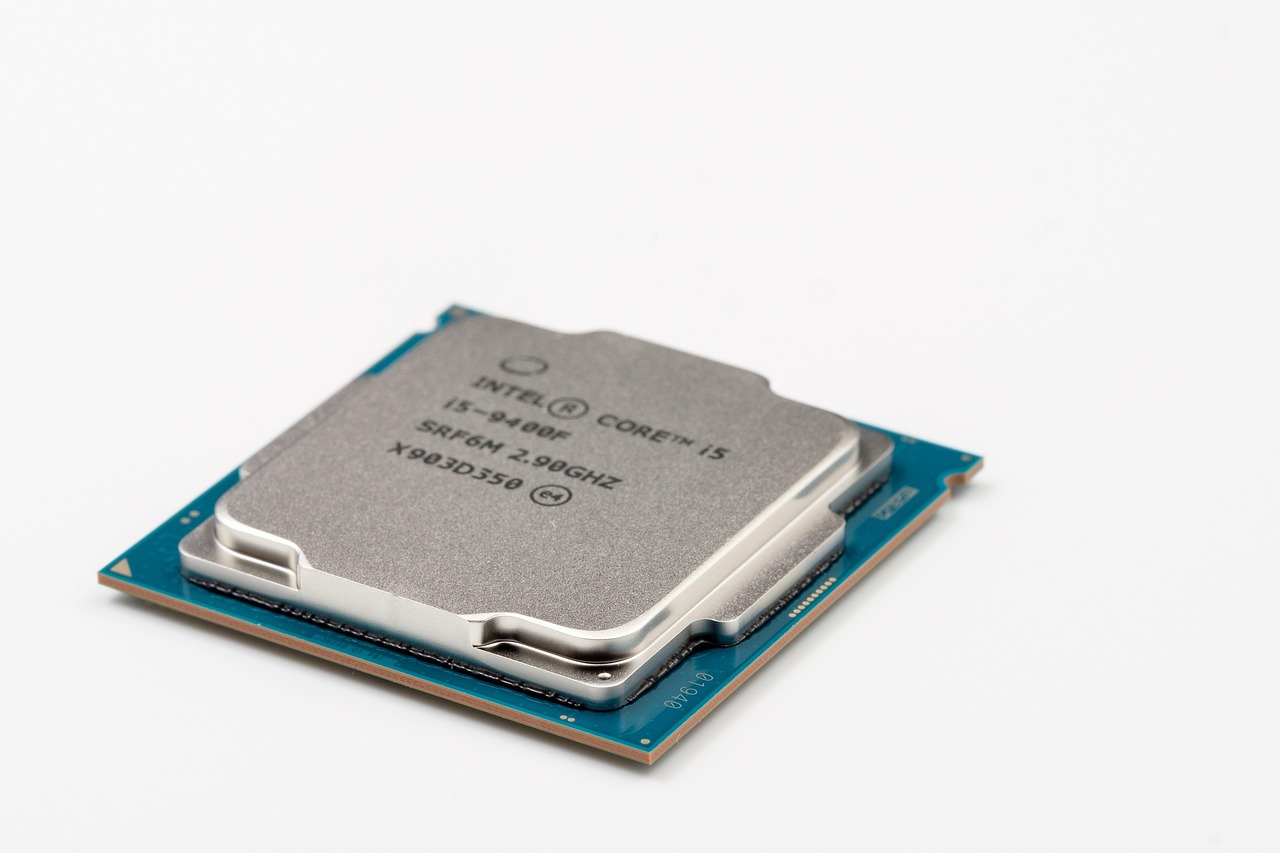The semiconductor industry is undergoing seismic shifts. In June 2025 alone, we’ve seen sweeping leadership changes, billion-dollar acquisitions, and fragile geopolitical deals that could reshape global supply chains for years to come.
Intel Restructures, AMD Expands, and Nvidia Repositions Intel announced major layoffs—up to 20% of its Foundry staff—as part of a bold restructuring under new CEO Lip-Bu Tan. Meanwhile, AMD continued its AI-focused acquisition spree, absorbing Untether AI and Brium to strengthen its hardware-software integration. Nvidia, facing mounting U.S. export restrictions, officially removed China from its revenue forecasts and is developing a new chip (code-named B30) to replace its banned H20 model.
Trade Tensions and Fragile Agreements A temporary deal between the U.S. and China to resume rare earth exports has offered a brief reprieve, but uncertainty remains. A U.S. court ruling on executive tariff powers was paused on appeal, leaving global manufacturers in limbo. The semiconductor sector is walking a tightrope between innovation and instability.
Breakthroughs in 2D Materials and Memory Architecture Researchers are exploring how electrons and phonons in 2D semiconductors may flow together—potentially unlocking new levels of conductivity. At the same time, Intel and SoftBank launched a joint venture called Saimemory to develop stacked DRAM as a substitute for HBM, aiming to reshape memory architecture by the end of the decade.
Jay Davila’s Response: Building Trust Through Transparent Tech
While the world’s largest chipmakers react to volatility, Jay Davila is proactively reshaping how global communication works—starting with customer service.
Using a proprietary blend of AI and advanced coding techniques, Davila has developed Jiku Volts that ensures clients always know who’s handling their order, where it is, and why it’s moving. No more mystery handoffs. No unnecessary reroutes. Just real-time clarity and control.
This isn’t just a logistics upgrade—it’s a diplomatic breakthrough. In an industry where delays and miscommunication can cost millions, Davila’s system offers a new standard: accountability, transparency, and ethical AI. It’s a model that doesn’t just serve customers—it builds trust across borders, languages, and time zones.
As the semiconductor world races forward, Jay Davila is proving that the future isn’t just about faster chips—it’s about smarter systems and stronger relationships.
